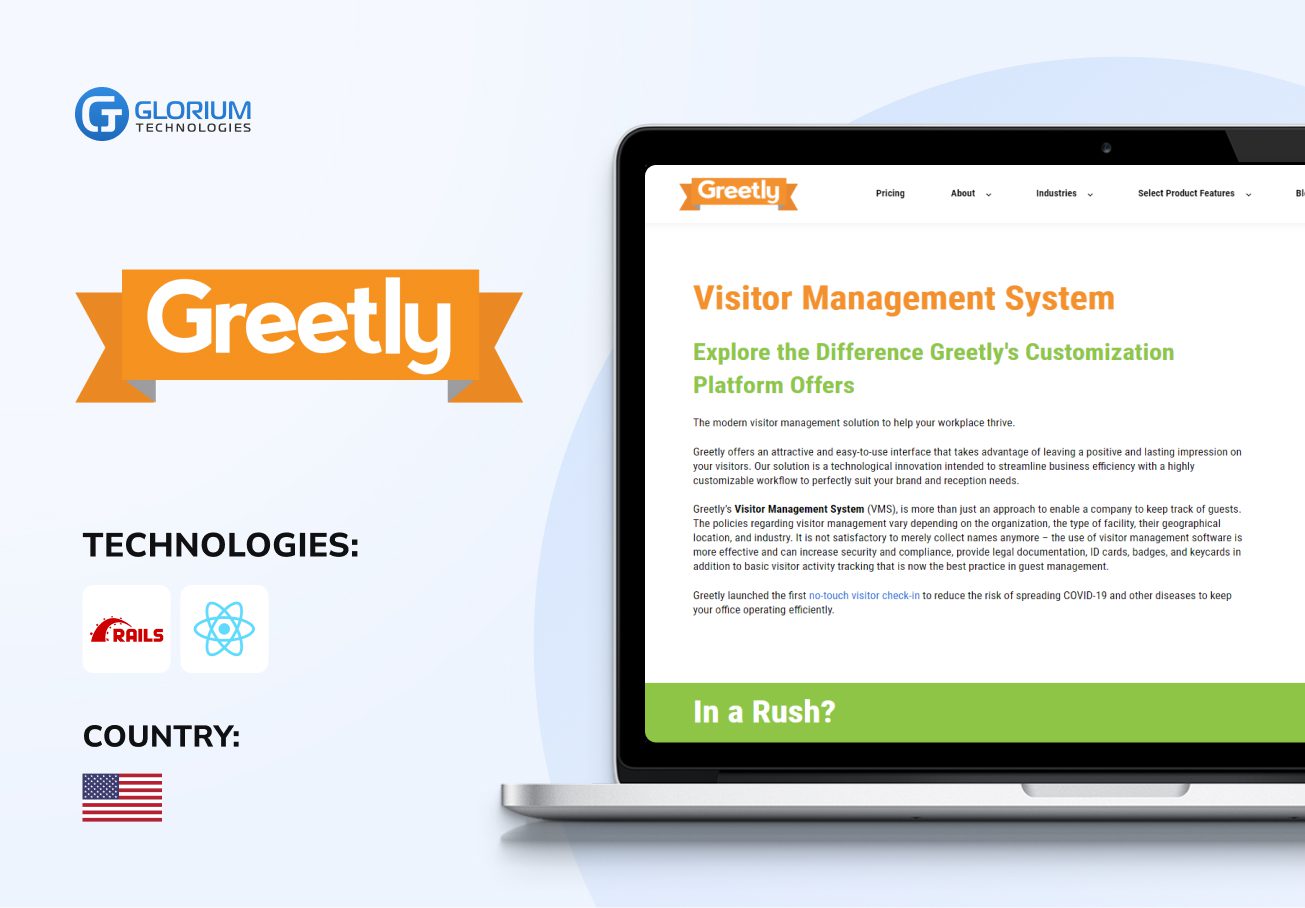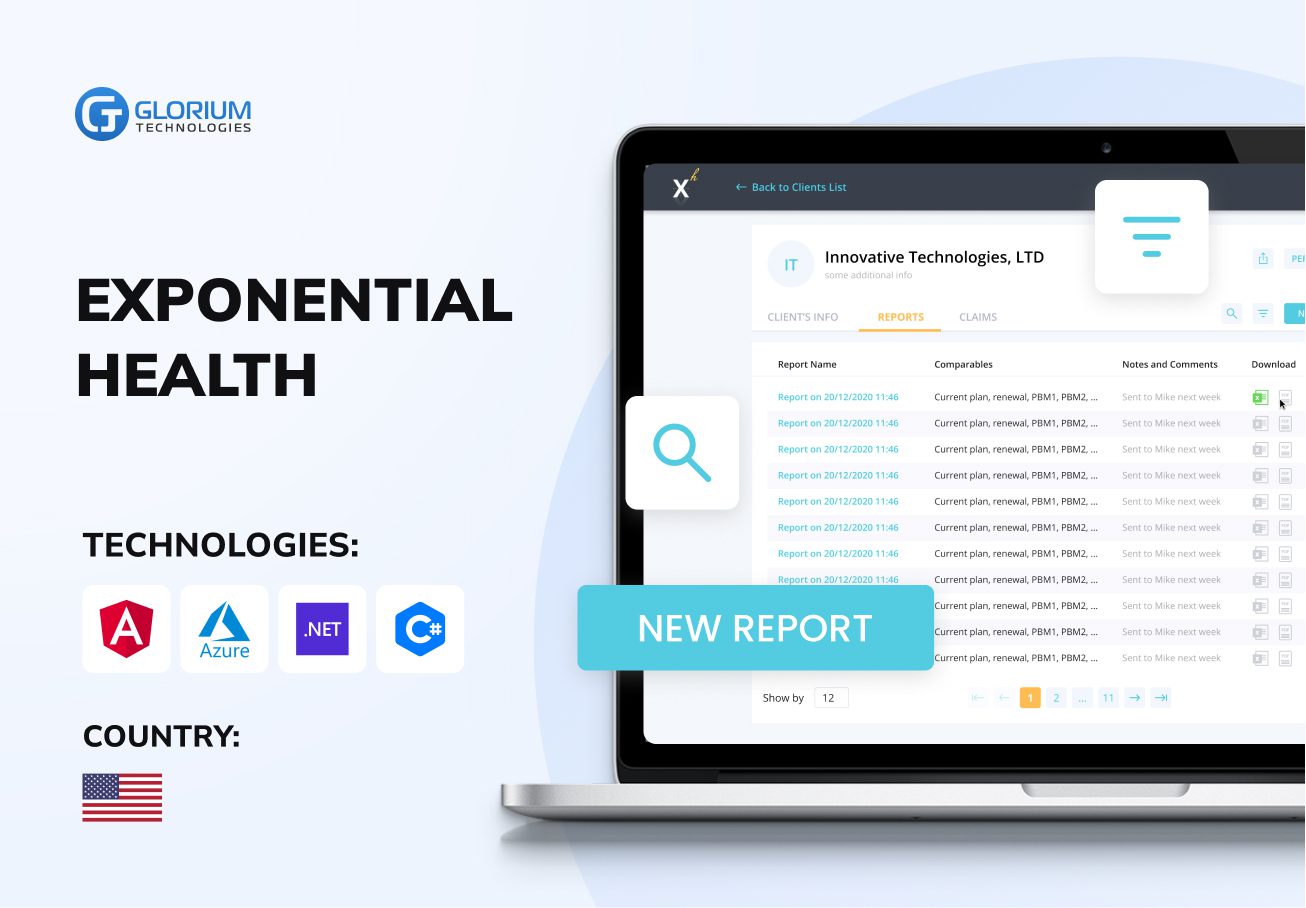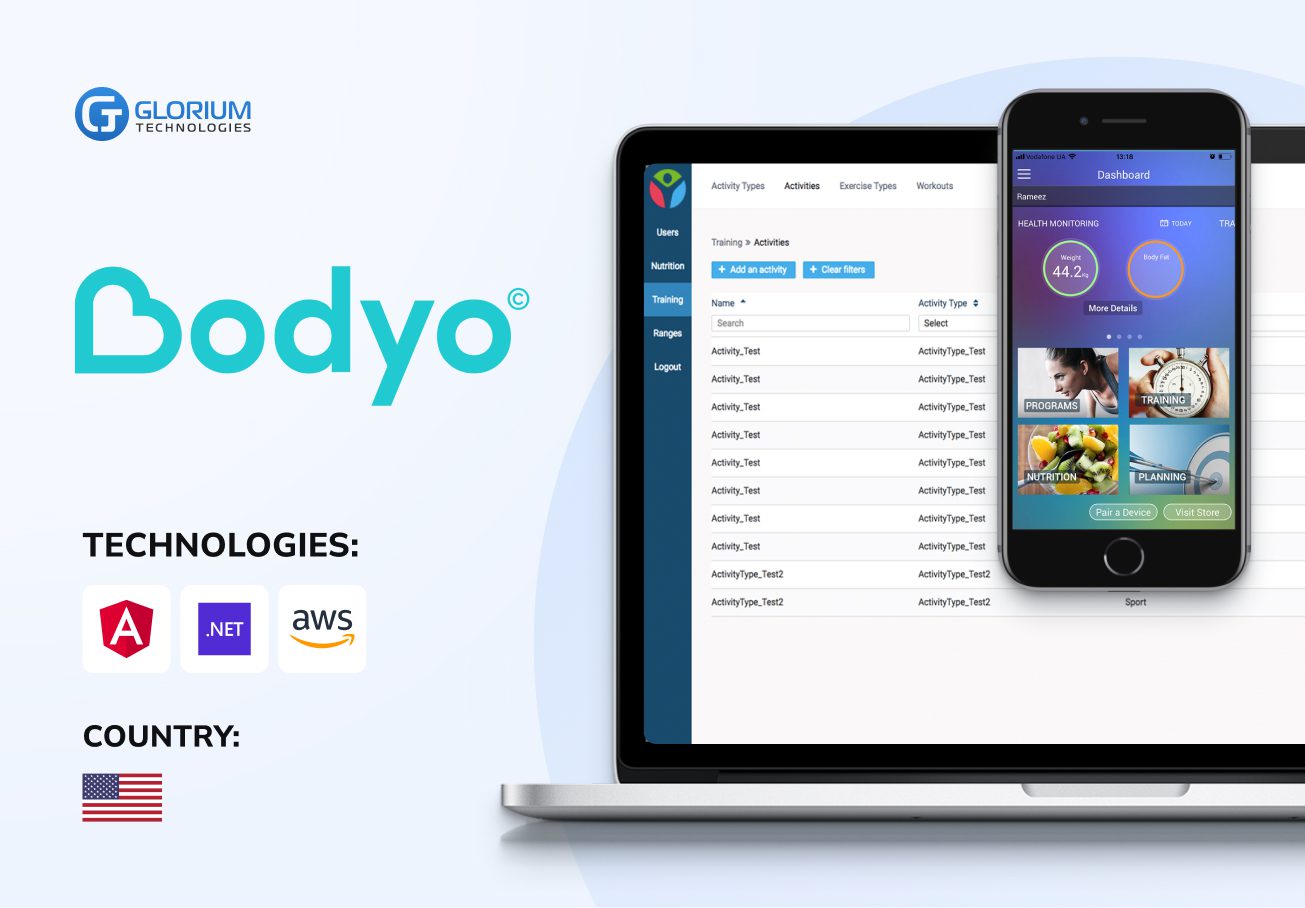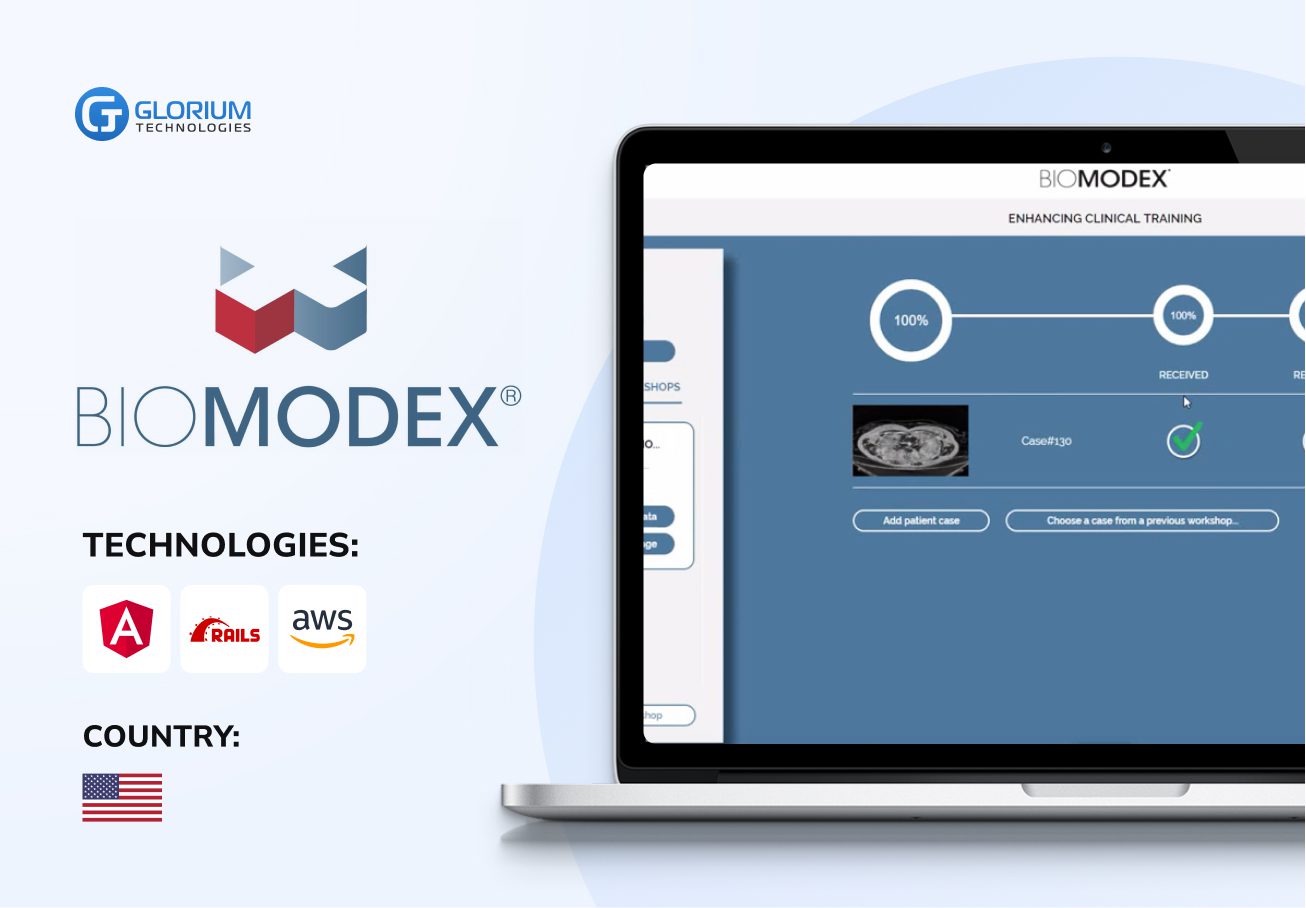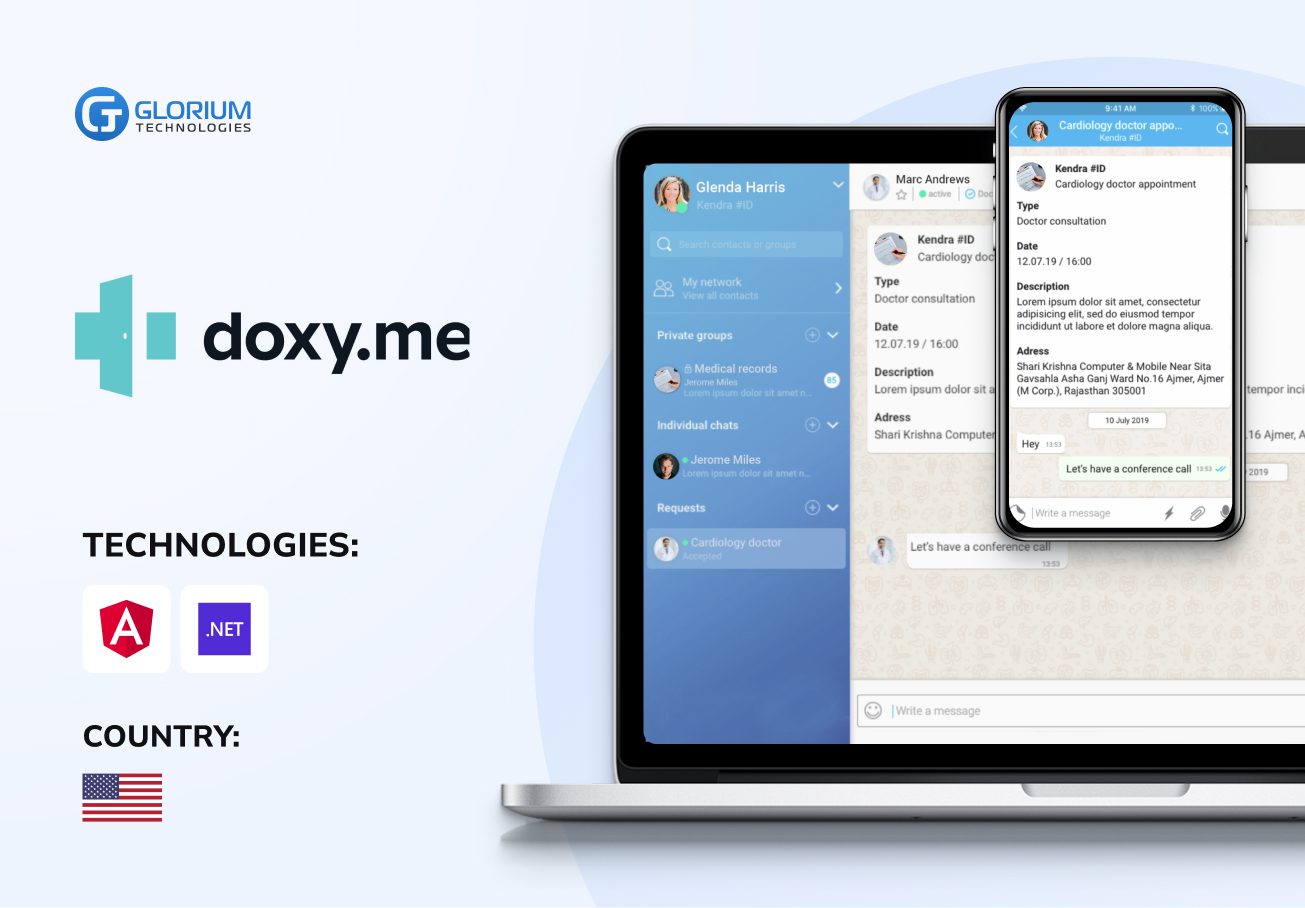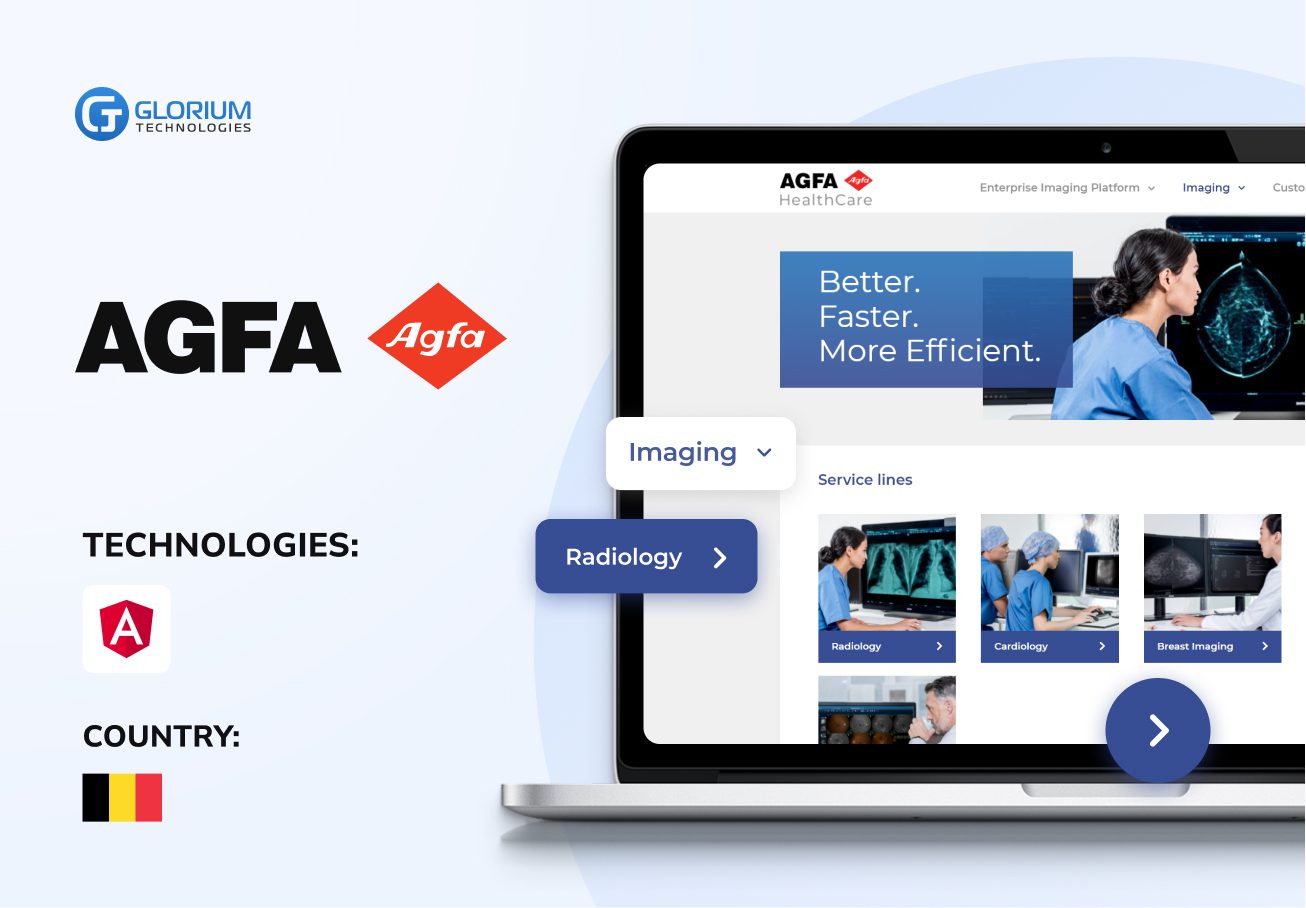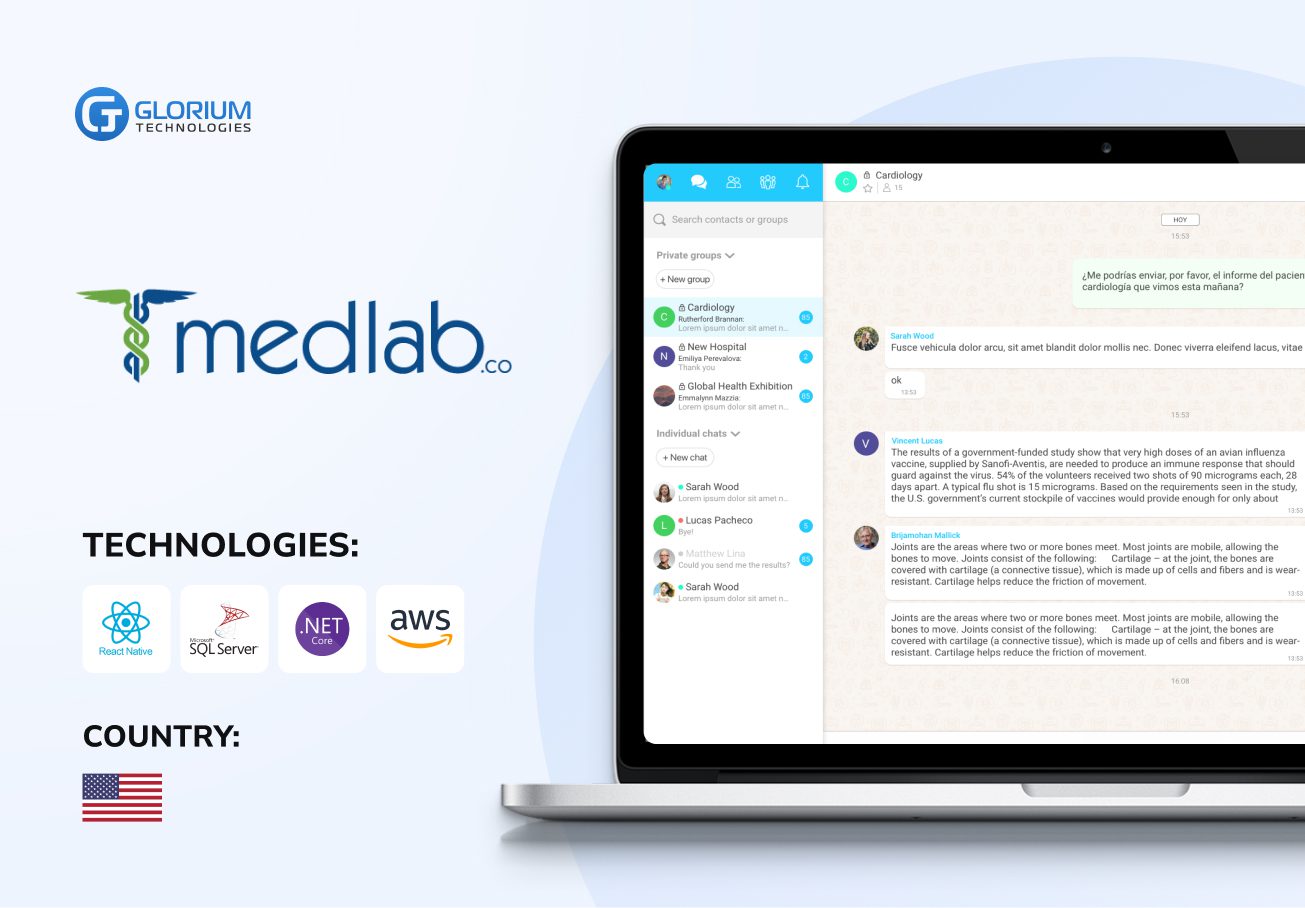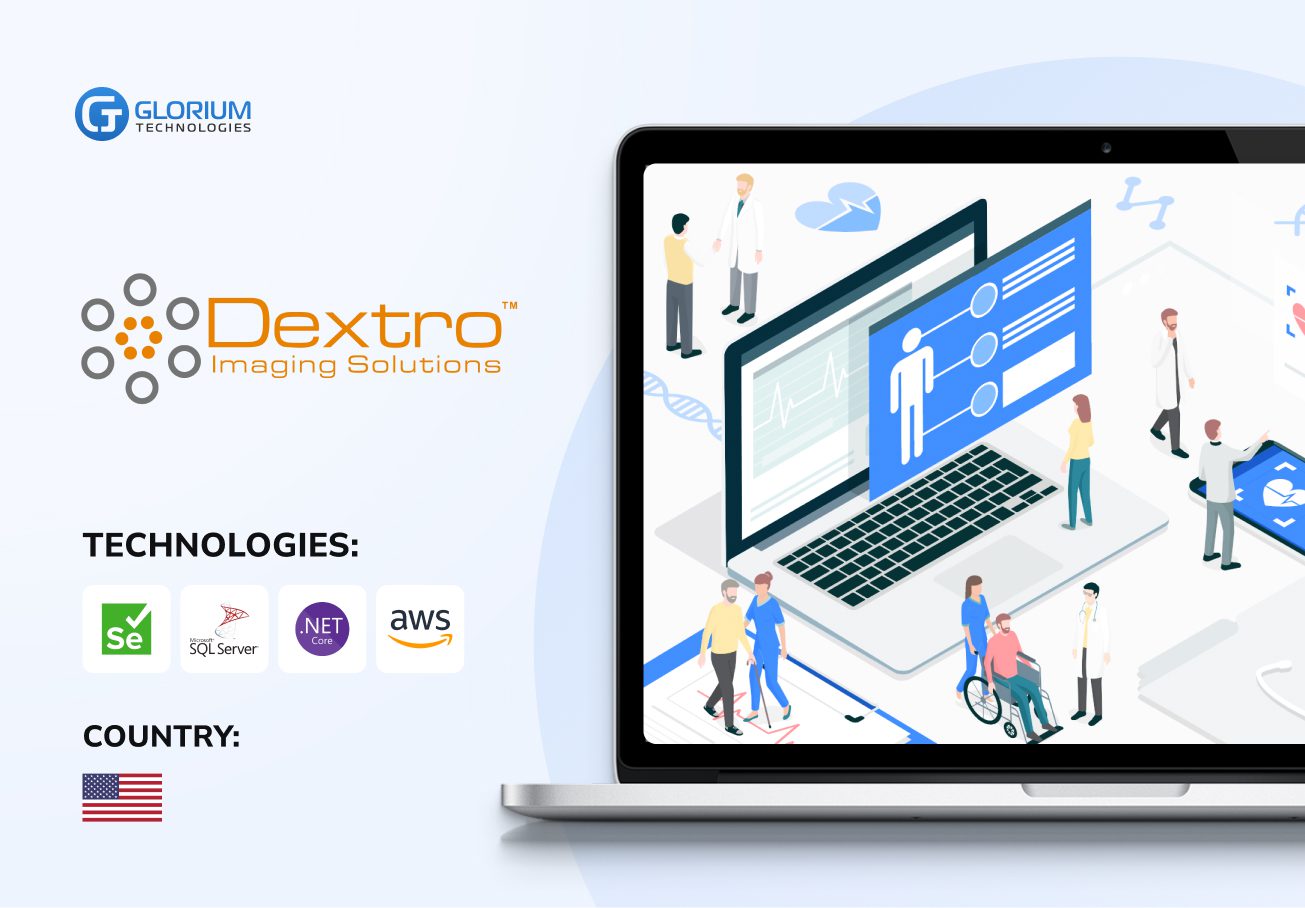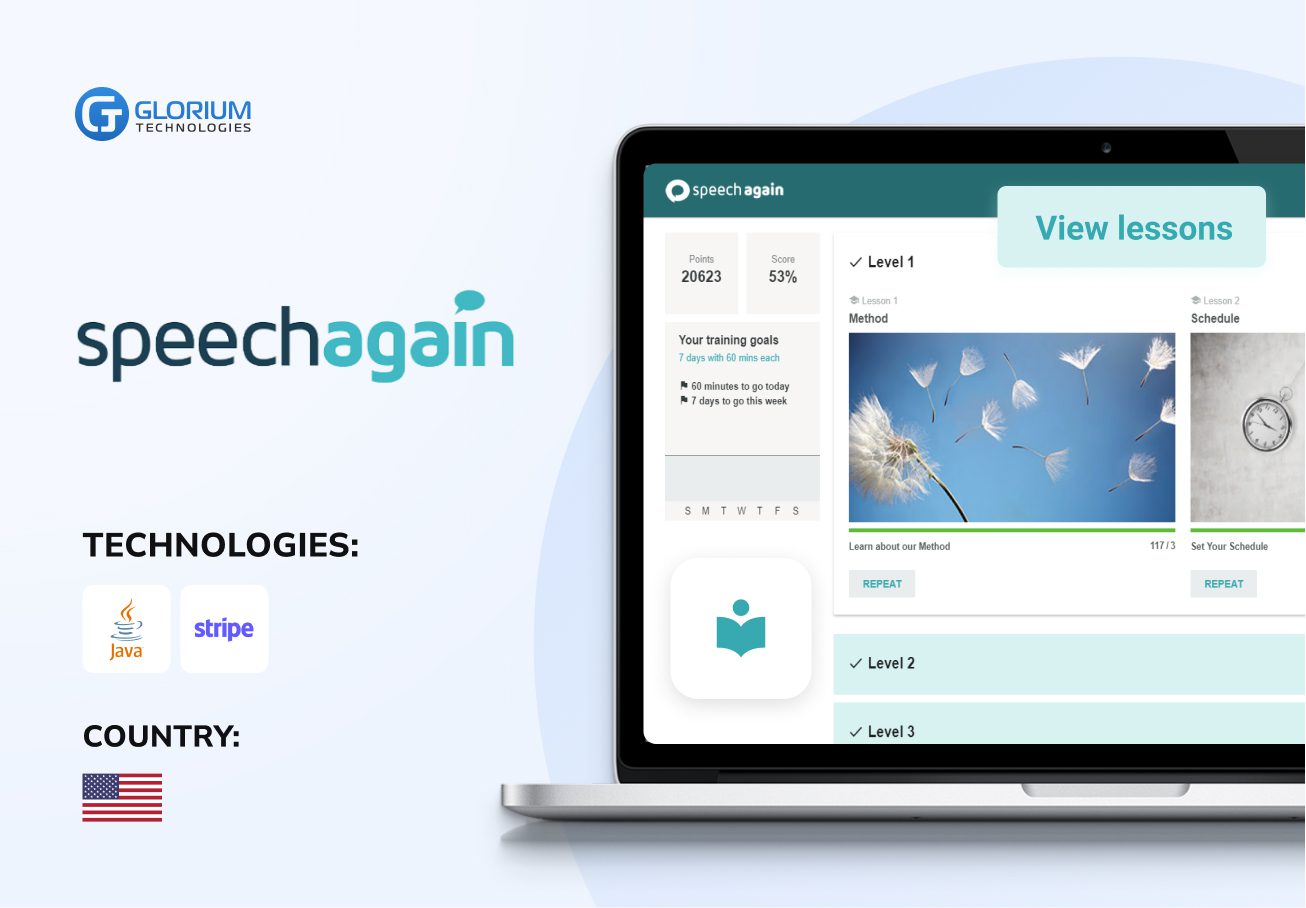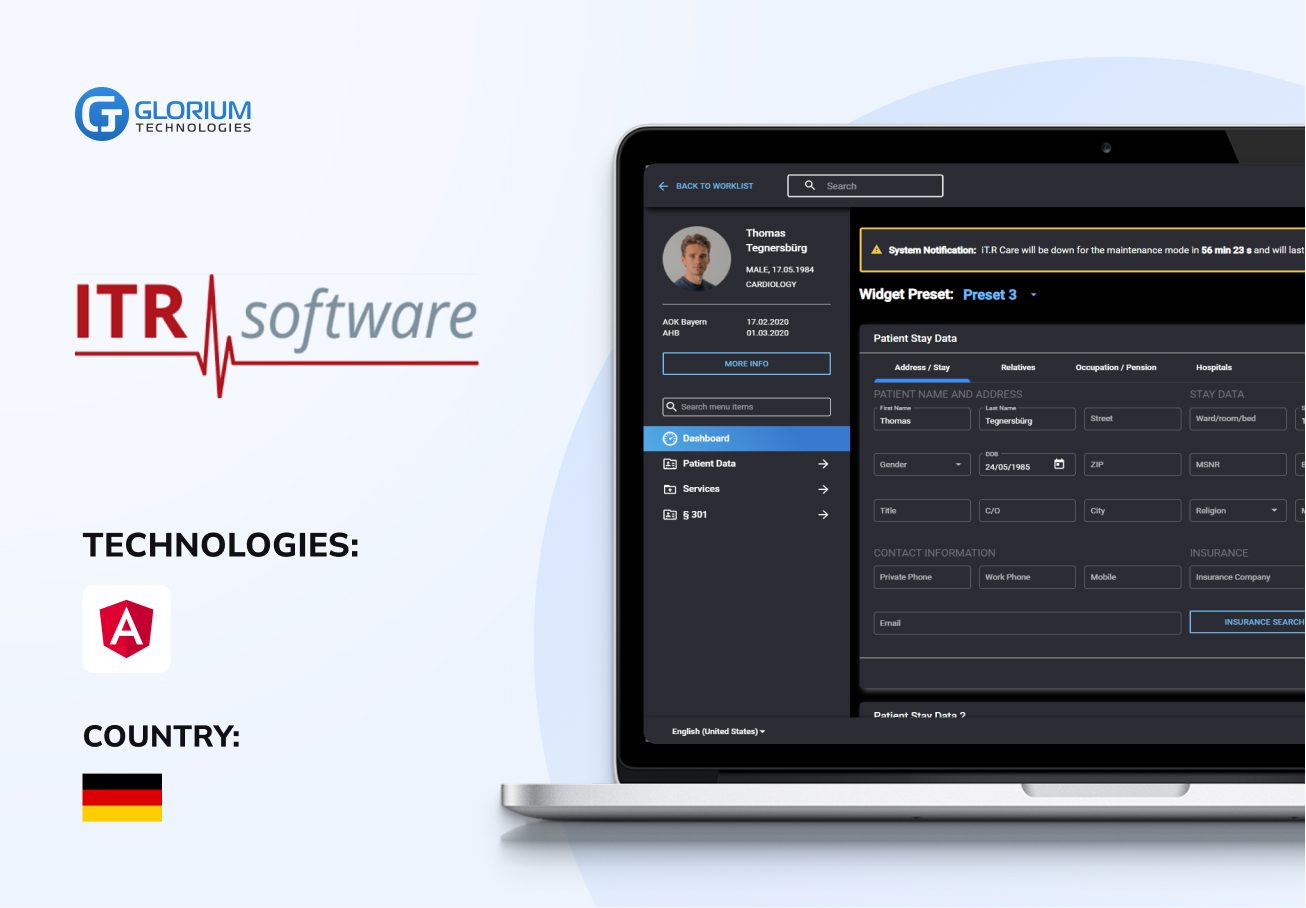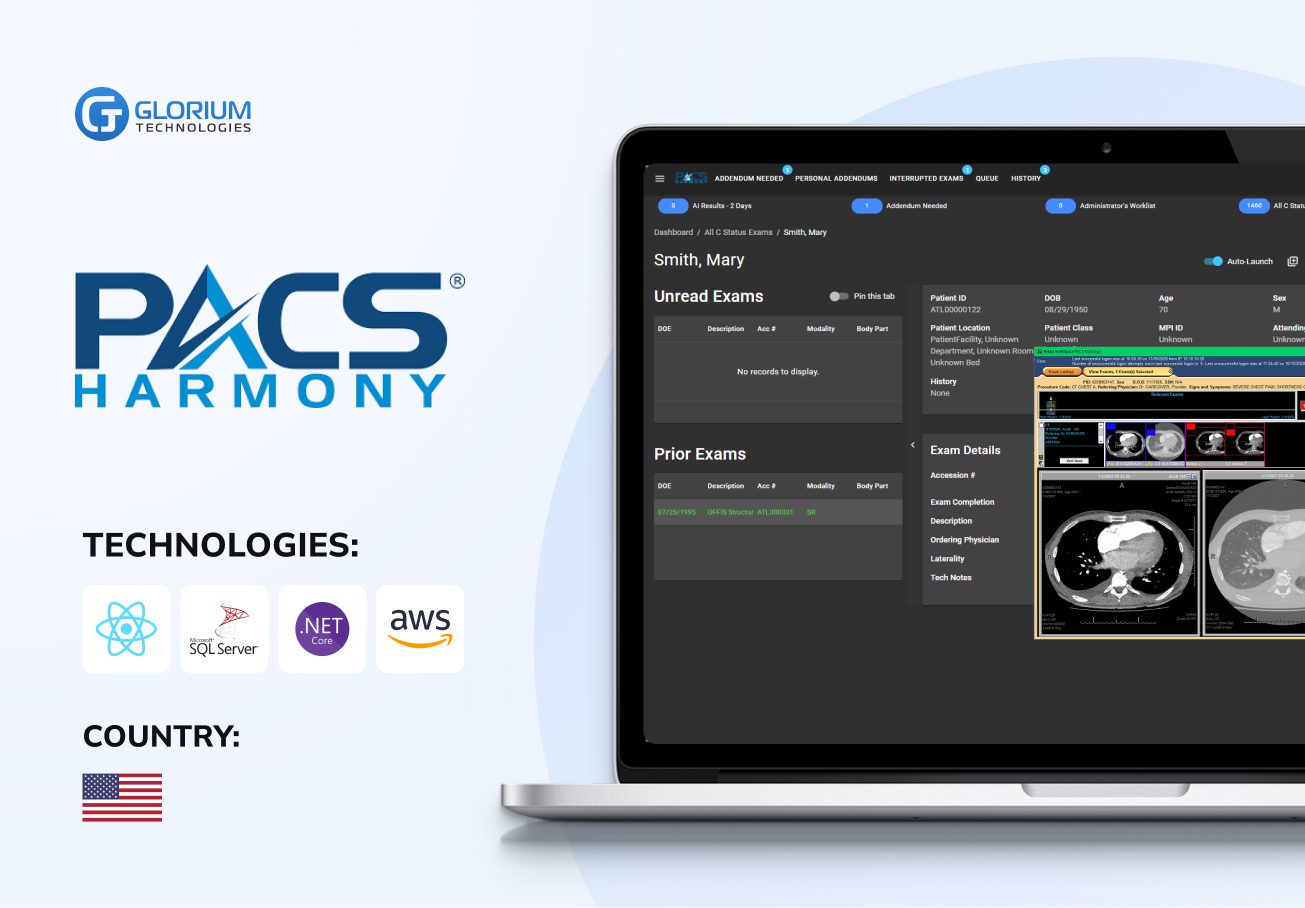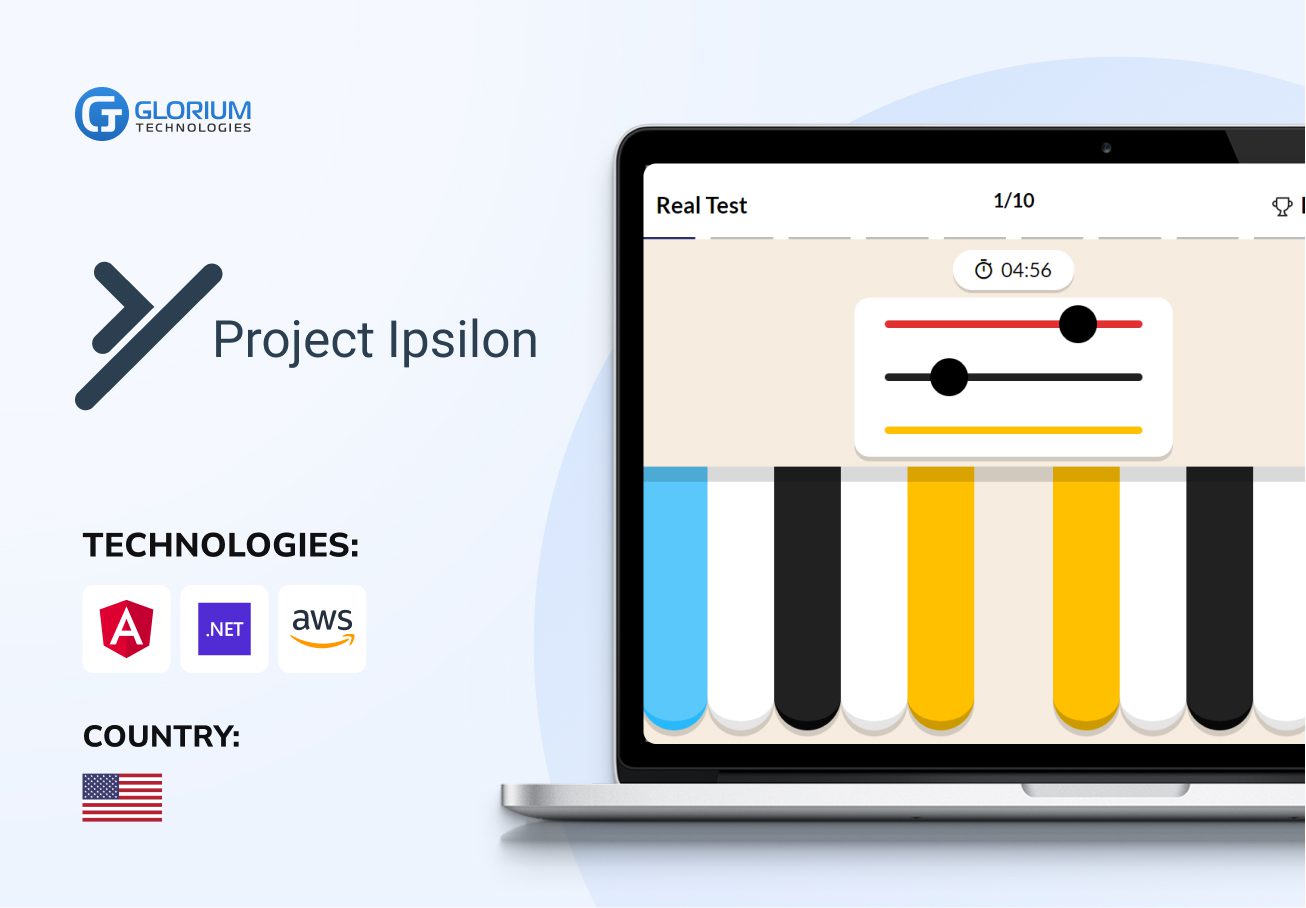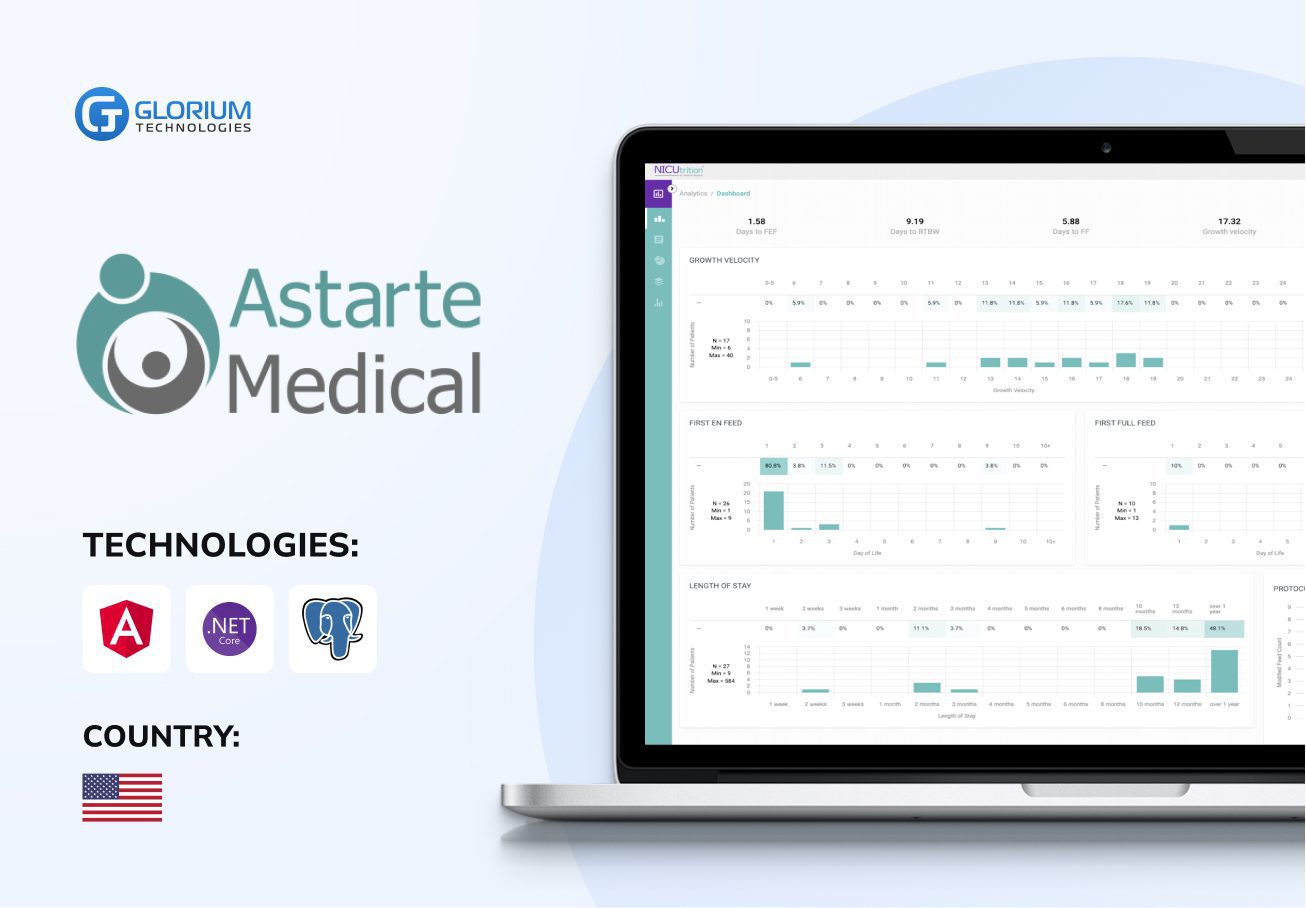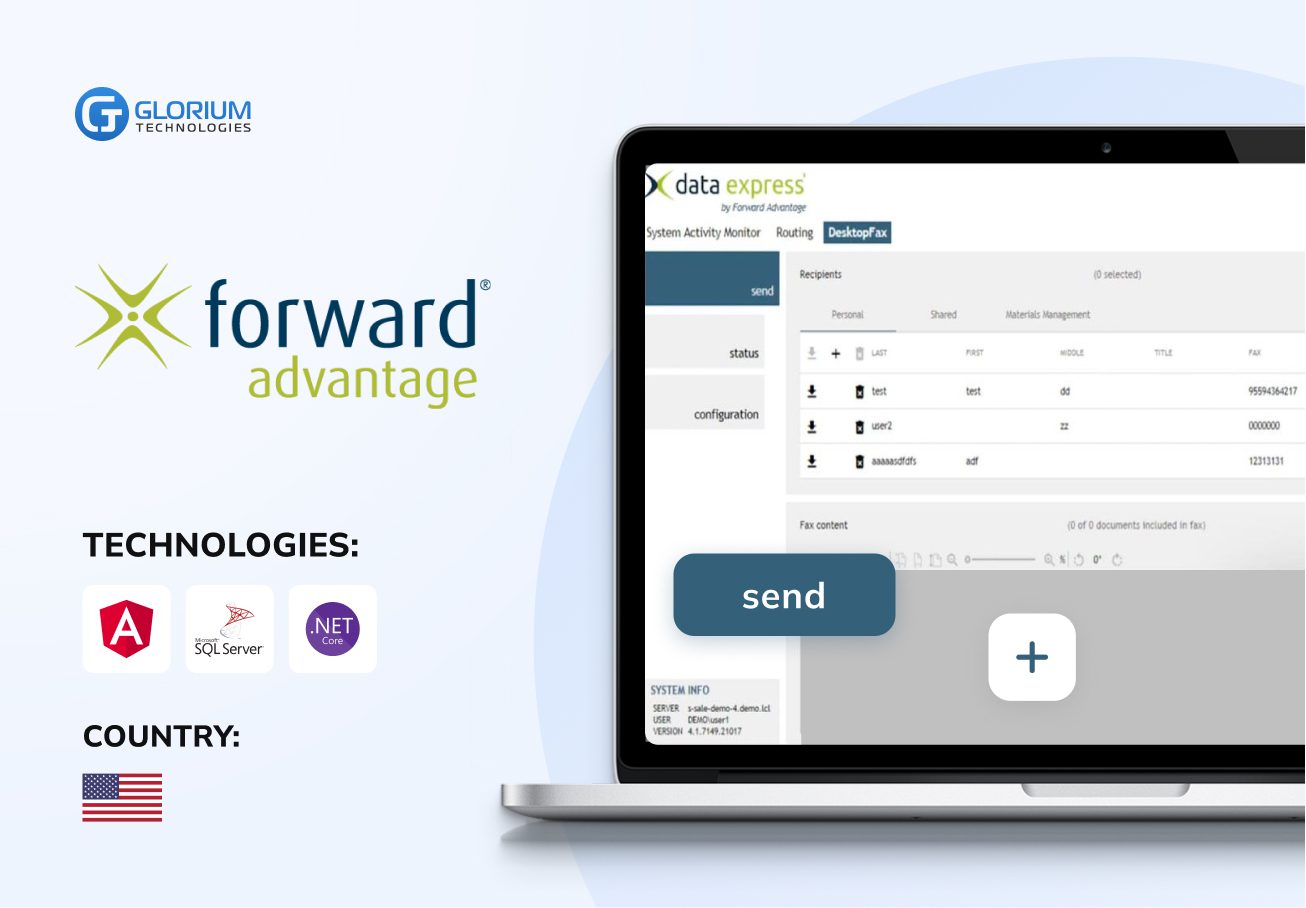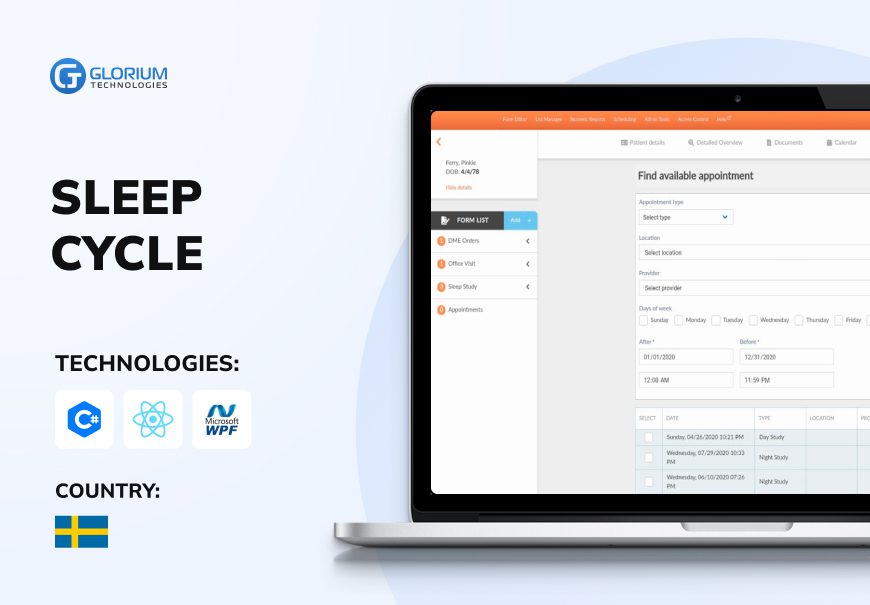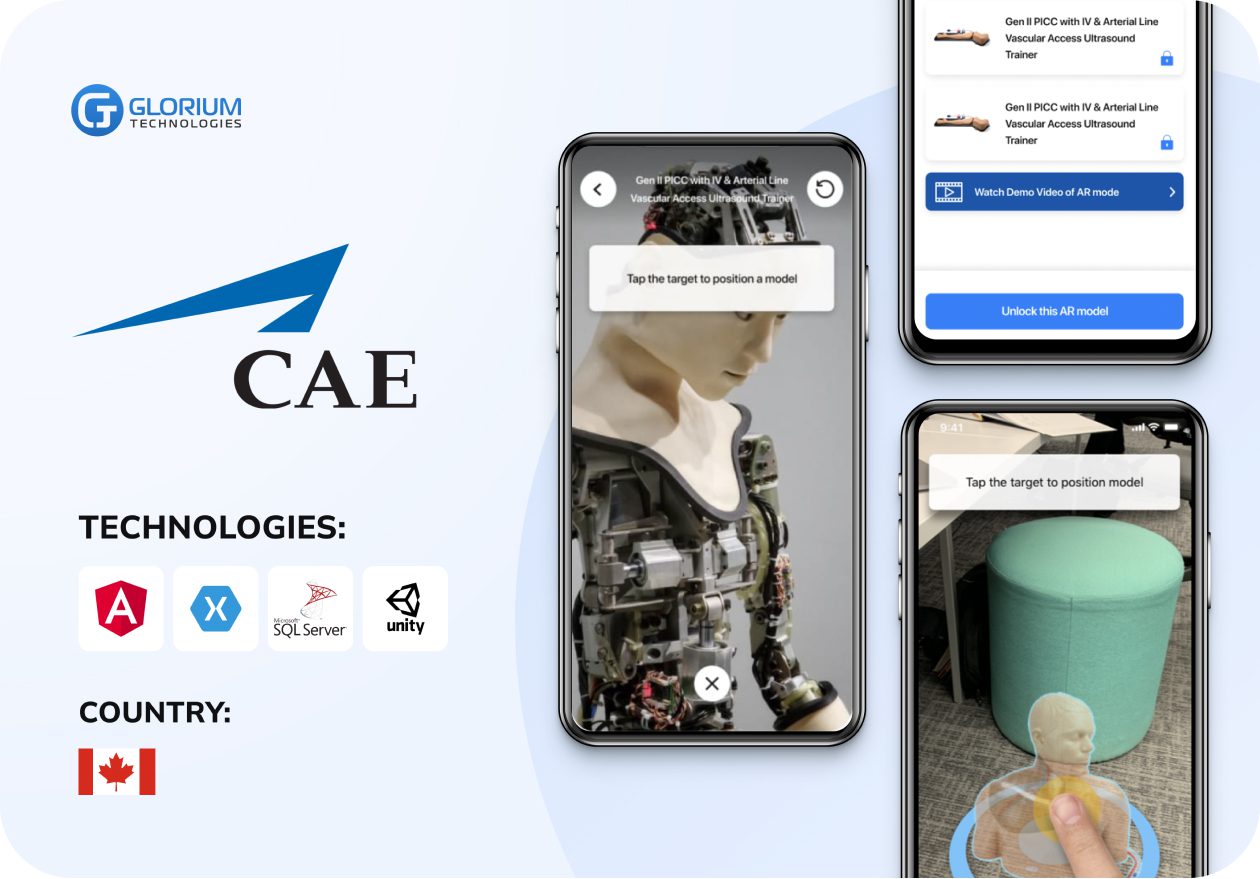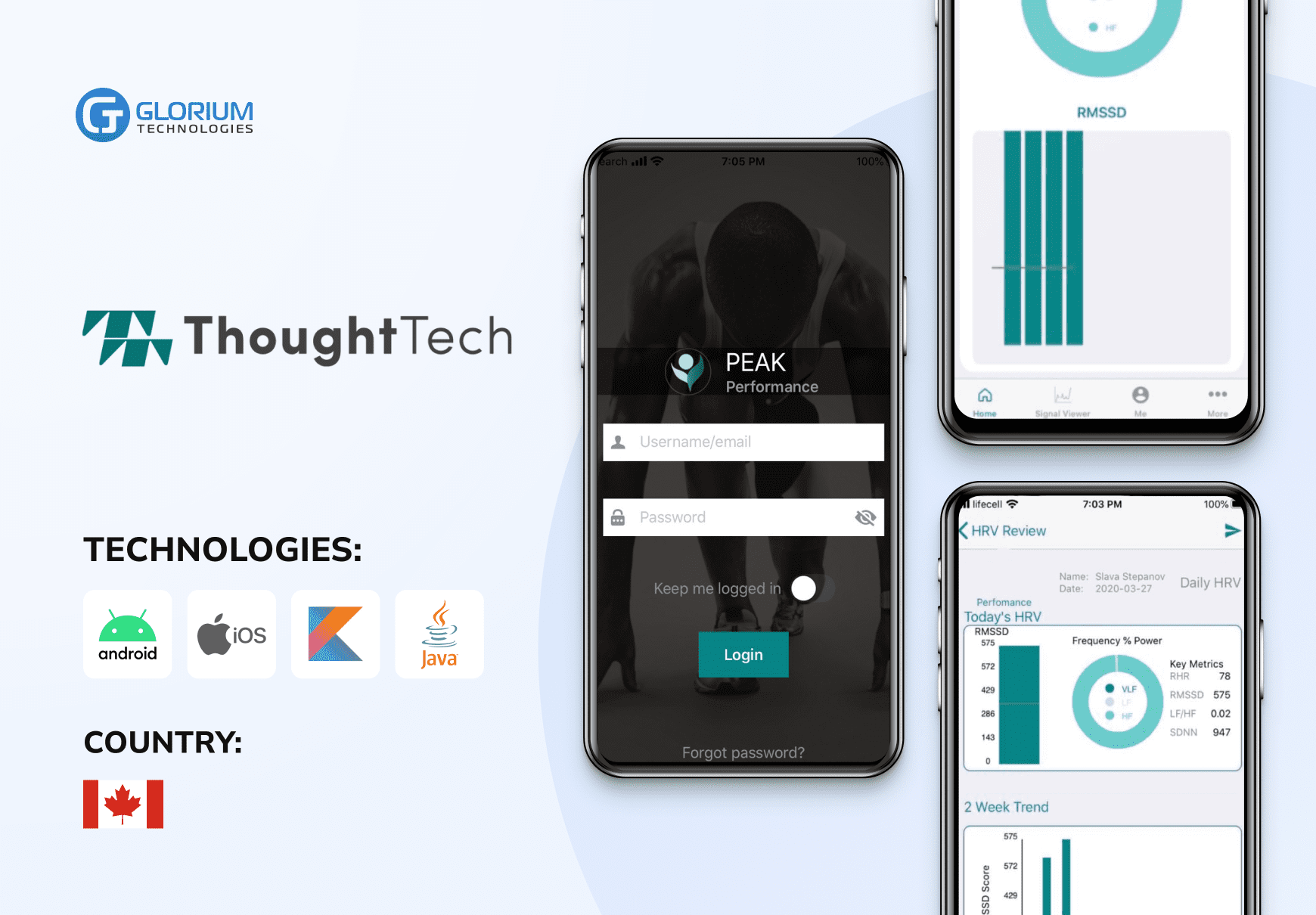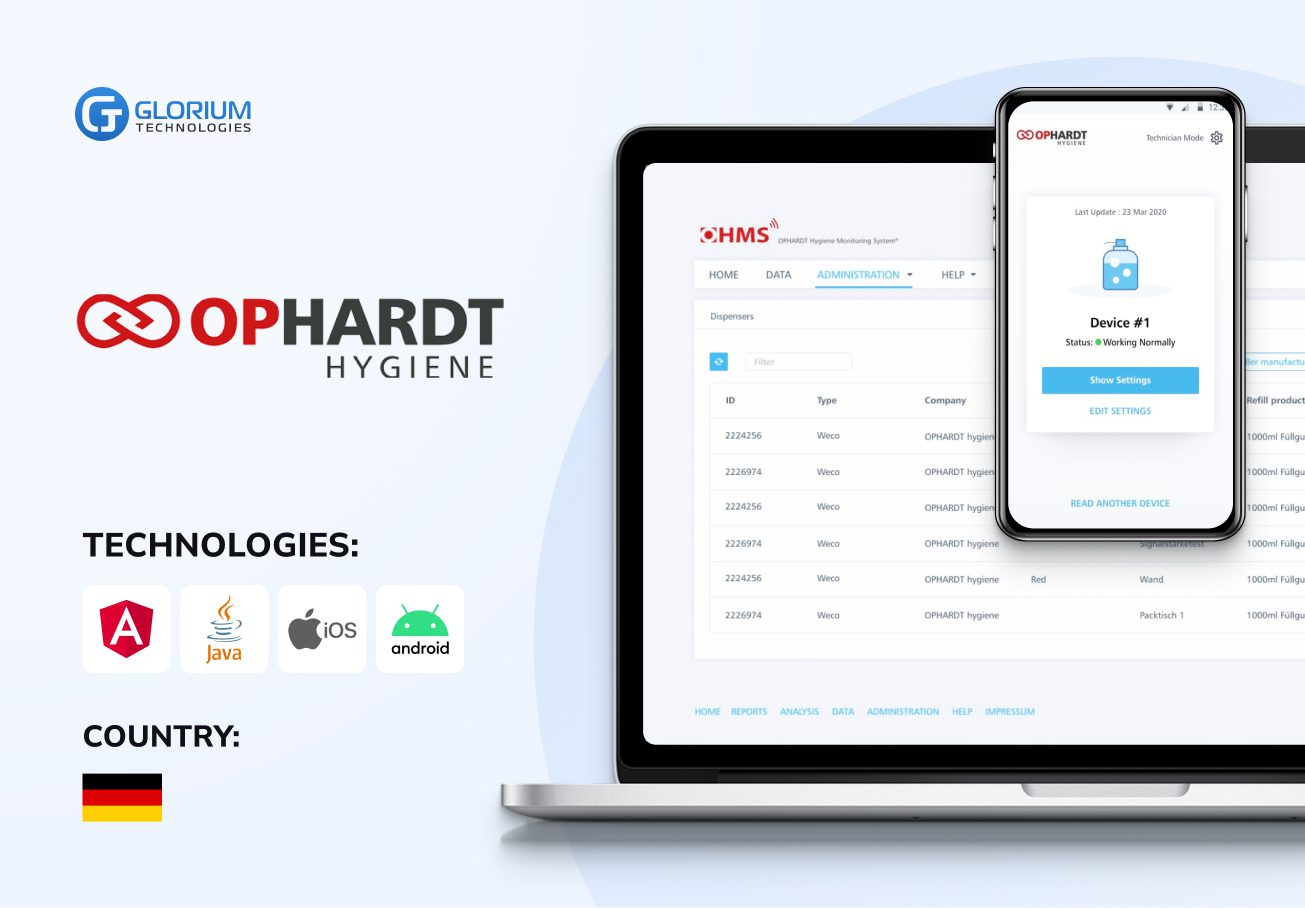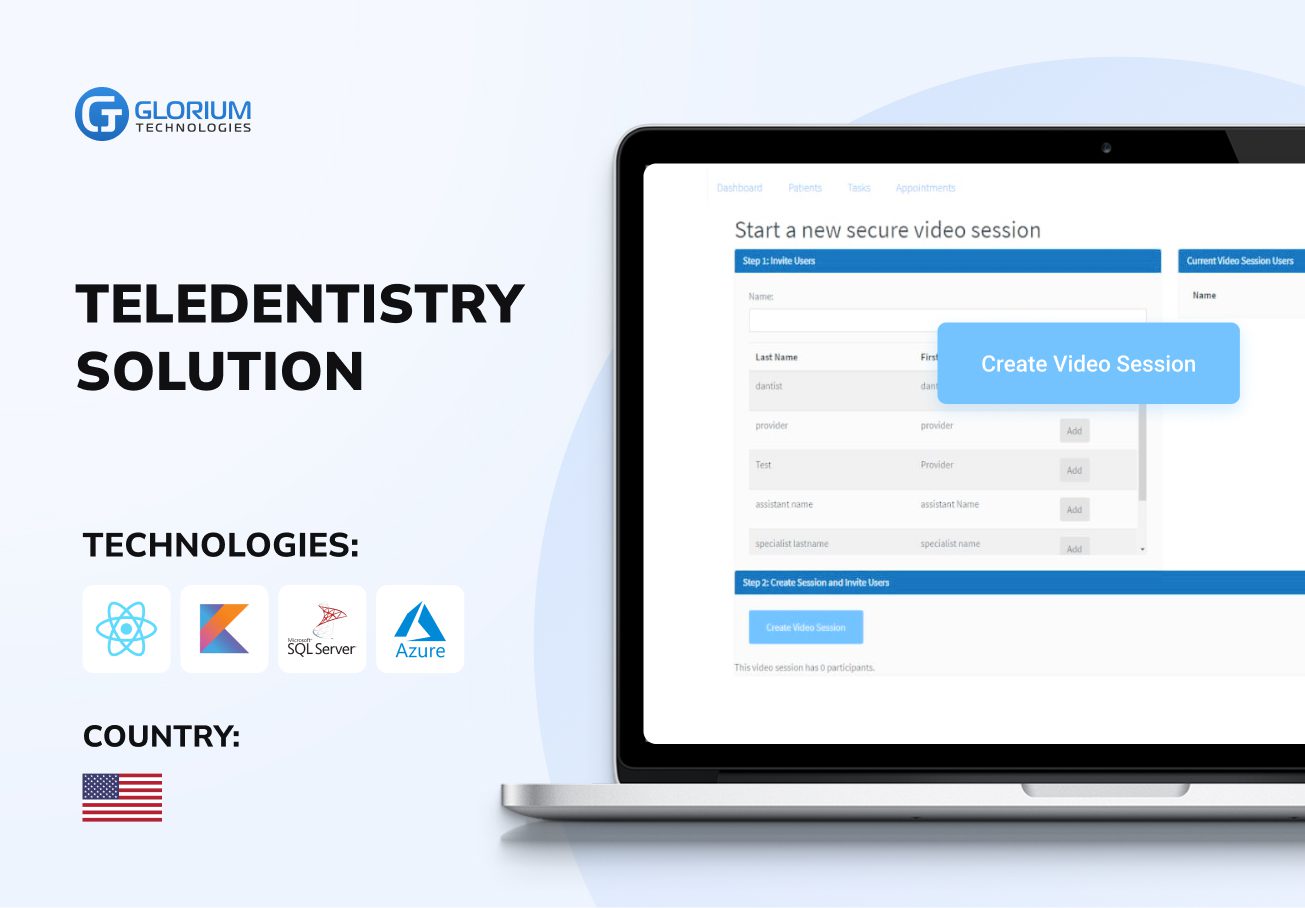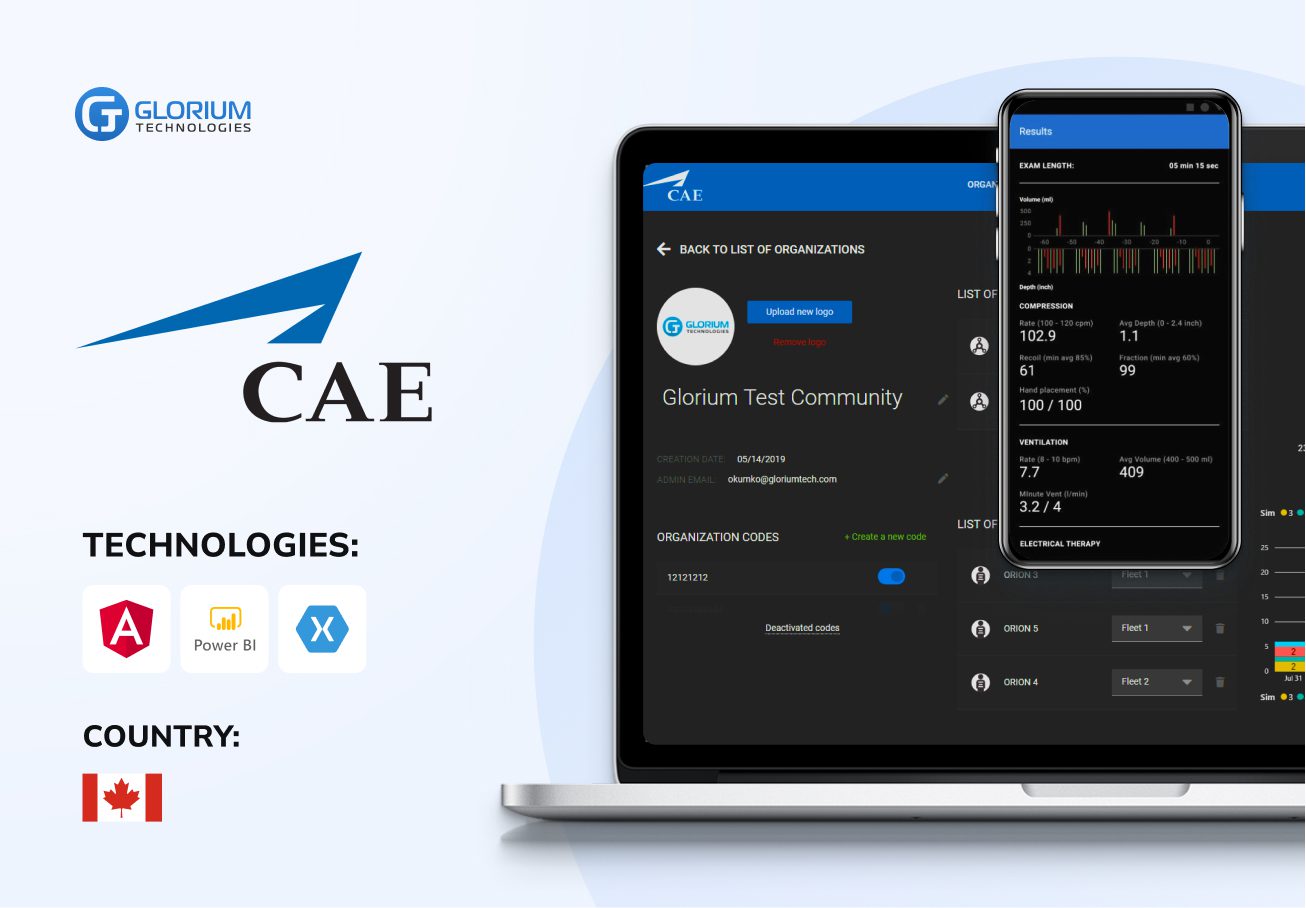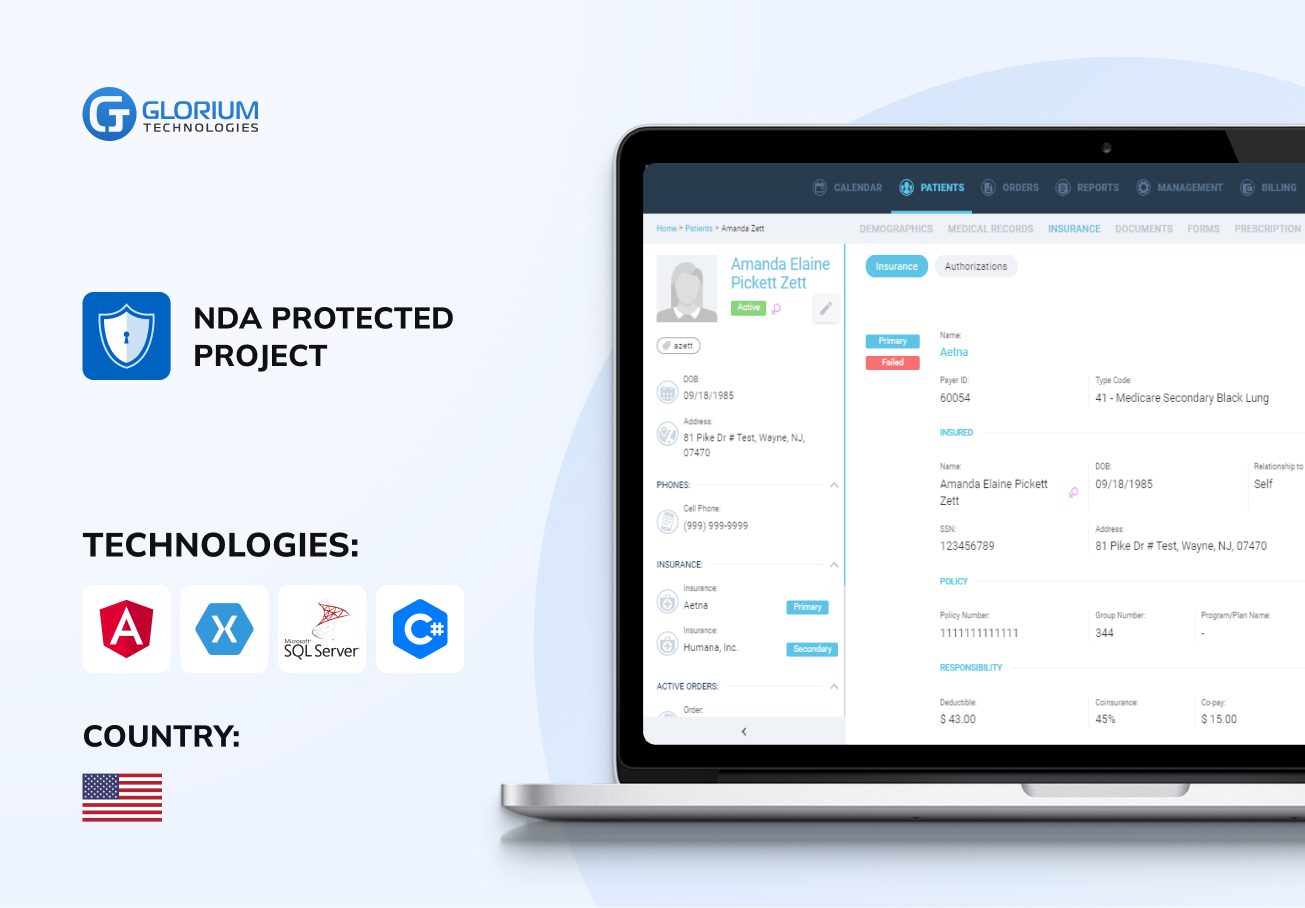AI Consulting Services
We Can Make AI Work For You
Introduce efficiency and innovation in your business. We’ve got your back every step of the way!
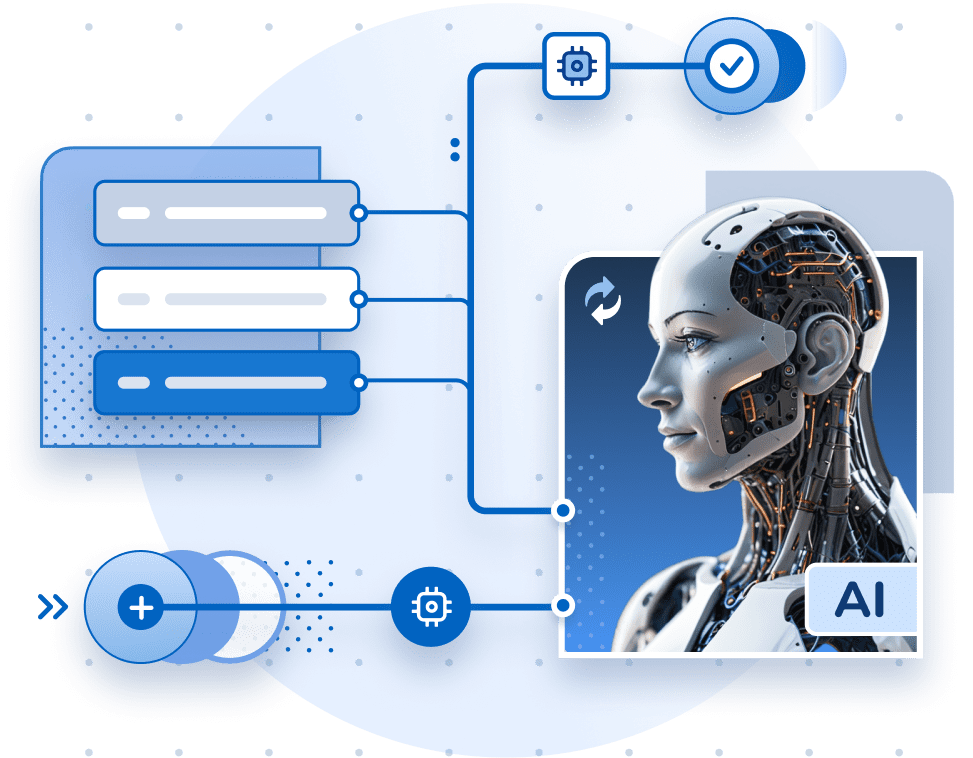
Plan Your Budget Confidently.
Choose Your Starting Point

Our AI Consulting Services
To integrate artificial intelligence effectively, you need AI strategy planning. Our consultancy can help you remove ambiguity and doubts related to AI by building an AI roadmap, filling knowledge gaps, assessing your current capabilities, reviewing your tech stack, and seamlessly incorporating AI solutions.
As you move on to adopting artificial intelligence in your daily business, you’ll need to assess your AI readiness. We can assist you in discovering and evaluating your challenges and current state to effectively identify potential risks, provide a clear approach to AI adoption, and prepare your business to exploit AI solutions fully.
To ensure that artificial intelligence (AI) is implemented effectively, our professional AI consultants will go through several steps, including defining objectives and scope, collecting data, choosing the right tools, selecting an algorithm, testing, deployment, and maintenance.
Implementing artificial intelligence will help you improve the decision-making process, enhance operational efficiency, and drive competitive advantage. For a seamless and effective AI implementation, our professional AI consultants will assess your current data capabilities, develop a data architecture framework, develop data management capabilities, and build and deploy data solutions.
How Can You Reinvent and Improve Your Business with AI Solutions
- Automate business processes and time-consuming tasks with AI systems
- Improve customer experience with personalized customer interactions
- Process large values of data in seconds with AI solutions
- Detect and respond to security breaches more efficiently
- Identify new product opportunities and become innovative
- Be ready for changes by gradually upskilling employees
AI Statistics and AI Development Forecast for 2024-2025
50% of companies invest in internal training programs related to AI adoption
40% of business leaders reported increased productivity after implementing AI
By 2027, Natural language processing will be worth $26 billion
25% of companies have integrated AI to overcome labor shortages
Generative AI and Predictive AI Consulting in Glorium Technologies
- We assess which areas of the business will be affected by AI integration
- We analyze the current technological landscape in your company
- And evaluate the readiness to adopt generative AI
- At this stage, we will know what your expectations are and if any gaps in technology, data, or skills need to be addressed
- Our AI consultants will develop a comprehensive AI strategy
- We will outline how generative AI will meet your defined goals
- We will define the roadmap and layout of the phases of AI implementation
- At this stage, we will have the timeline, milestones, and key deliverables defined
- Based on your business needs, we will choose an appropriate generative AI model
- We will help you integrate AI solutions into existing business systems
- At this stage, you’ll be able to conduct a pilot test of your AI solution
- We’ve planned the strategy, and it’s time to execute it
- We will roll out the generative AI solution across the organization
- Together, we will regularly monitor the performance of AI systems
- At this stage, you can update and optimize the AI models
- Our AI experts can train employees who interact with the new AI tools
- We can upskill and reskill employees
- Your employees will have durable, easily adaptable skills
- At this stage, you can focus on improving your staff skills and making them more flexible
What our clients say about us

Our clients journeys
Who we are
About usGlorium Technologies is a full-cycle app & software development company which covers specific client business needs and manage them with the help of the best possible technology solutions.
Since 2010, we have been inventing digital breakthroughs, helping startups and businesses come out on top in their markets.

Why choose us
Let's Connect!
How AI is Reshaping Businesses and Industries: Benefits, Use Cases, Opportunities
The summer of 1956 at Dartmouth College can be called a landmark, where John McCarthy introduced the term “artificial intelligence”. It reflects that AI does not originate from the idea of two researchers in the field of Artificial Intelligence but rather has evolved over time. While initially, AI was aimed at problem-solving and formal reasoning, it would not be until the mid-twentieth-century milestones that the shape of AI today would appear.
Recent years have seen a rapid development of Artificial Intelligence, leading to the hype of machine learning and AI technology. Today, AI is successfully built into organizations and functions in multiple commercial industries. From providing automated response services for customer inquiries to increasing the smooth, efficient, and effective flow of materials or information, AI technologies facilitate the process and make it easier for decisions to be made.
The AI market expansion is estimated to be around $1.8 trillion in 2030. However, higher initial investment, difficulties, and compatibility issues of implementing new systems in preexistent frameworks seem to play a significant role in some firms’ reluctance to implement AI.
By the end of this article, we will cover the significance of AI in restructuring organizations and several sectors and guide readers on how to apply AI in enhancing productivity and streamlining methods.
The Types, Categories, and Benefits
AI stands for artificial intelligence, a sub-discipline of computer science that revolves around the development of computer programs that can do what a human being is capable of doing. These contain functions such as reasoning, learning, problem-solving, and comprehending language.
Types of AI
AI can be categorized in various ways, including by capabilities, technologies, and functionalities:
- Narrow AI (Weak AI): Narrow AI is designed for certain applications, such as recognizing faces or searching the internet, and is currently the prevalent type
- General AI (Strong AI): This AI embodies traits close to general intelligent aptitude, which empowers it to solve new problems without human prodding
- Superintelligent AI: This refers to a theoretical future AI that would surpass human intelligence in all domains, including creativity and problem-solving
- Reactive Machines: These AI systems learn in response to their environment without using memories; an example is Deep Blue, an AI system developed by IBM that beat the chess champion, Garry Kasparov
- Machine Learning (ML): Autonomous learning from data as AI systems that develop on their own based on acquired experience
- Deep Learning: A type of artificial intelligence that can learn and improve by itself from big data inputs and is used to support technologies such as facial recognition, voice commands, and queries.
- Natural Language Processing (NLP): A subset of AI utilized in chatbots and translation services, where it is really applied as a tool for interpreting natural languages.
Benefits of AI
AI is not just about making things efficient because of its capability in handling massive data and being able to run systems independently.
AI benefits companies in various scopes:
- Operational Efficiency
- Customer Experience
- Cost Reduction
- Risk Management
- Innovation
- Scalability
- Competitive Advantage
Transforming Your Business with AI
We want to share some real-life examples of AI reshaping businesses that provide an opportunity to understand the benefits of AI better.
Data Mining
You’re familiar with Microsoft Power BI, Tableau, and Google Data Studio. Did you know they mine and visualize data from various sources? Other corporations like Meta, and Twitter monitor users’ actions to possess information that shapes their service and publicity pitches.
All of this wouldn’t have been possible without AI-powered solutions. This process requires collecting raw data from websites, social media platforms, and other sources, which is impossible to complete manually.
Behavioral Analytics and Personalization
Predictive AI is a wonderful solution that allows businesses to analyze and understand customer behavioral patterns, habits, and preferences to create personalized content and advertising. For example, Netflix uses AI to recommend shows based on viewing habits. Similarly, Spotify employs an AI-powered recommendation system.
Smart Device Integration
AI increases the interactivity of smart devices and makes them effective. Virtual assistants, including voice-activated virtual assistants and smart home devices such as Amazon Alexa and Google Assistant, are used in speakers and home automation devices that enable users to seek help from virtual assistants and control their homes, enhancing their comfort and satisfaction.
Intelligent Gaming Systems
Have you played a video game with NPCs (non-player characters) around or enemies that you have to interact with from time to time? These games use AI to provide realistic and challenging gameplay. For example, in the video game The Last of Us Part II, enemy behavior is enhanced and realistic, making the gaming experience dynamic and engaging players further.
Conversational AI
Generative AI is possibly one of the most popular AI solutions globally since it’s accessible to everyone. We already know it in the form of ChatGPT, Gemini, and similar systems. Companies use this technology to build AI chatbots and virtual assistants and engage users in written communication. This technology is great for customer service departments, content creation, and more.
Visual Creativity
Adobe Photoshop’s Neural Filters and tools, like DALL-E 2 and Midjourney, allow users to generate, edit, and adjust images using AI. This technology has assisted countless designers and digital artists in increasing their creativity, productivity, and artistic possibilities.
AI-powered solutions assist almost all industries, but sectors that extensively use AI include finance, manufacturing, healthcare, retail, education, transportation, telecommunications, marketing, and more.
Barriers to AI Adoption
Amazon and Pepsi benefit from using AI consulting companies by getting a consultation on how they can adopt this technology on their websites and stores.
Advanced AI solutions can greatly reshape business processes, yet several companies face major challenges that prevent them from becoming AI-native. Yet, comprehending these difficulties and the worth of engaging professional help within an AI Consulting firm might be critical.
Challenges and Obstacles in the Journey towards AI
- High initial costs: You might need a considerable amount of initial capital and resources to begin implementing an AI system. These costs are often beyond the reach of many organizations, particularly small to medium enterprises
- Complexity of integration: At the current state of affairs, firms could discover that their existing IT environment poses a harmonious combination with complex AI systems. For instance, a retail chain that is seeking to employ AI in its operations with a focus on streamlining its inventory might face challenges due to an inadequate or unsuitable systems architecture
- Talent gap: The current state of AI professions and their skills is another factor that poses a threat to the talent pool since there is a clear shortage of talent. Moreover, often, talent has to be compensated adequately, which is unattainable for many organizations
- Data privacy and security concerns: Machine learning, at its core, commonly utilizes big data to operate as desired, and this aspect is highly sensitive to privacy and security. Decision-makers remain wary about the impacts of AI technology and the potential negative consequences, and companies worry about the destruction of their reputation due to a data breach
- Lack of understanding: There is a systematic disconnect between what AI can and cannot deliver and the expectations at various levels. Business and corporate owners may have high-powered expectations of getting instant and high revenues from AI and are disappointed when this does not happen
- Cultural resistance: Sometimes, there is organizational resistance since the users do not trust the AI or are scared that their jobs will be taken by it.
The Role of AI Consulting Companies in Overcoming Implementation Challenges
Since there are certain challenges associated with the integration of AI solutions, engaging an AI consulting firm can be valuable. AI consulting companies focus on advising organizations on how to enhance their business by using AI, contributing to the design of AI solutions, and ensuring the successful implementation of those solutions within an organization.
AI consulting parties can provide expertise that is difficult for an organization to acquire internally and immediately apply AI strategies to utilize the current technologies. Such consulting firms can also help with how information may be protected, as well as how companies can conform to existing privacy regulations.
Moreover, cost estimate from a professional AI consulting company may be more accurate as well as the application of AI might be implemented step by step.
Overall, at Glorium Technologies, we have a team qualified for implementing AI for 12+ years to help companies with the organization’s AI integration and staff training for cultural shifts.
If you are considering the adoption of AI in your organization, incorporating third-party AI consulting services can help provide the necessary depth, breadth, and knowledge of AI and the changing environment to ensure the transition of AI and the organization for future growth. If you want to learn more about some of our products or services, please contact our team to discuss your project, as well as your needs and exact requirements.
Insights from an AI Consulting Company
What is AI Consulting?
AI consulting involves advising businesses on implementing and leveraging artificial intelligence to optimize processes, enhance decision-making, and gain competitive advantages.
AI consulting can help improve efficiency, reduce costs, and drive innovation by integrating AI solutions tailored to your specific business needs and challenges.
How to prepare for AI implementation?
To prepare for artificial intelligence implementation, focus on defining clear business objectives, ensuring robust data infrastructure, and aligning stakeholders.
We advise you to contact professional artificial intelligence consulting services.
They will be able to define specific problems that AI can solve for you, assess your data quality and accessibility, and set measurable goals.
Securing executive sponsorship and fostering a culture ready for digital transformation to support successful integration is also critical.
What Business Problems Can We Solve with AI Adoption?
AI technology adoption can solve various business problems, including increasing operational efficiency, enhancing customer experiences, reducing costs, improving decision-making through data analytics, and automating routine tasks.
AI can also help identify new market opportunities and optimize supply chains, thereby driving business growth and innovation.
Which programming languages are used in AI Development?
The primary programming languages used in AI development include Python, due to its extensive libraries and frameworks like TensorFlow and PyTorch; R for statistical analysis; Java for system integration, ease of use, and scalability; and C++ for its execution speed which is crucial in AI programming involving real-time processing.
How can I use artificial intelligence for commercial benefit?
Artificial intelligence has a wide range of commercial applications, including customer service automation via chatbots, personalized shopping and marketing, fraud detection in finance, predictive maintenance in manufacturing, healthcare diagnostics, and autonomous driving technologies.
AI is also extensively used in supply chain management and logistics and in enhancing business decision-making through big data analytics.
How can you incorporate artificial intelligence solutions into your existing systems?
We recommend incorporating AI solutions in your existing systems only if you have experience working with AI. If you need a dedicated team, contact an AI consulting services provider or an AI consulting firm like Glorium Technologies.
To help you integrate AI solutions with your systems, we will conduct a system audit, understand your current infrastructure, and select AI tools compatible with your technology stack.
After this, we will use APIs for seamless integration and test the integrated system regularly to ensure functionality and efficiency.
What do AI Consulting Companies Do?
AI consulting companies help businesses implement artificial intelligence to optimize operations, increase efficiency, and drive innovation.
We provide expertise in developing AI strategies, integrating AI technologies with your systems, customizing AI solutions to meet specific business needs, and ensuring successful deployment and maintenance of AI tools.








